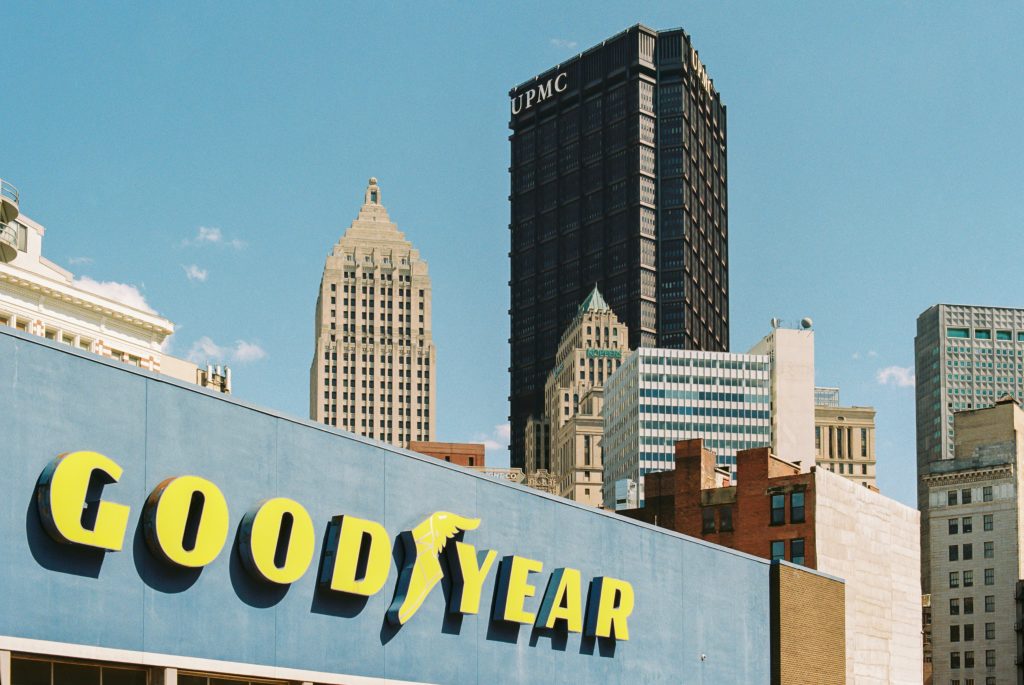
Exploring the Depths of Despair: A Review of ‘The Platform 2’
In a world where dystopian narratives have become a staple of modern cinema, Netflix’s ‘The Platform 2’ attempts to navigate the treacherous waters of its predecessor’s success. The original film, a Spanish thriller that captured audiences during the pandemic, crafted a chilling tale of survival within a vertical prison where food is distributed in a manner that tests the limits of human morality. Now, with the sequel, we return to this grim reality, but does it deliver the same impact?
‘Platform 2’ picks up where the first installment left off, diving deeper into the complexities of its universe. However, as critics have pointed out, the sequel struggles to maintain the gripping tension and innovation that made the first film a standout. While it expands on the premise—introducing new characters and deeper societal commentary—the film’s perplexing plot and staggering symbolism seem to overshadow the narrative coherence. Critics note that the sequel feels like a rehash of familiar themes rather than a fresh take, which may leave audiences yearning for the raw intensity of the original.
The film does retain some of the striking visuals and haunting atmosphere that fans have come to expect. The vertical prison remains a metaphor for societal inequality, and the struggle for survival is depicted with gruesome realism. However, the novelty of the concept begins to fade, and the sequel ultimately feels like a lesser experience. The character development, once a strong point in the first film, appears shallow in this continuation, leaving viewers disconnected from the plight of the new inhabitants of the platform.
Despite its shortcomings, ‘The Platform 2’ does attempt to explore new thematic territory. It invites the audience to reflect on the dynamics of power and the ethical dilemmas faced in desperate situations. Yet, the execution of these ideas lacks the finesse needed to leave a lasting impression. Several critics have pointed out that the film’s ambition is commendable, yet the delivery falls flat, making it difficult for audiences to fully engage with the material.
As we dissect the film’s ending, it becomes clear that while it maintains some of the original’s mystery, it fails to provide the satisfying closure that viewers may have hoped for. The ambiguity remains a double-edged sword—while it invites discussion and interpretation, it also leaves viewers feeling unsatisfied. This aspect of the film has garnered both praise and critique, as some fans appreciate the open-ended nature, while others lament the lack of resolution in a narrative that once felt so tight and focused.
In conclusion, ‘The Platform 2’ serves as a reminder of the challenges faced by sequels in maintaining the magic of their predecessors. While it expands the universe and explores deeper themes, it ultimately falls short of the high bar set by its original. The film may resonate with die-hard fans of dystopian cinema, but for those seeking a compelling continuation of the story, it might feel like a disappointing return to a familiar yet less impactful world. As audiences continue to grapple with the film’s themes of survival, morality, and societal critique, it remains to be seen whether this sequel will carve out its own legacy or be overshadowed by the unforgettable experience of the first film.
Tags: Dystopian, Film Review, Netflix, Sequel, The Platform 2

相關頭條